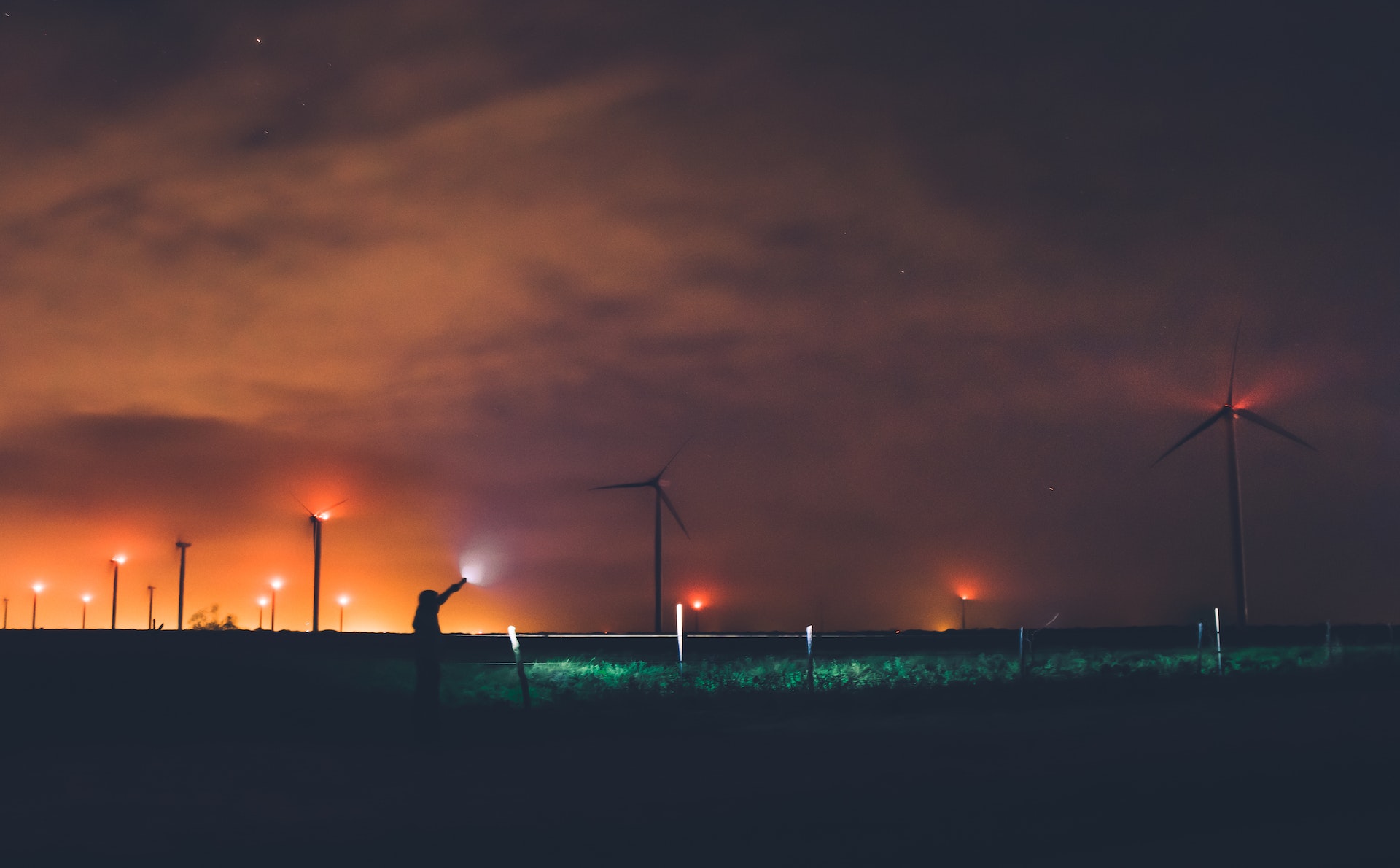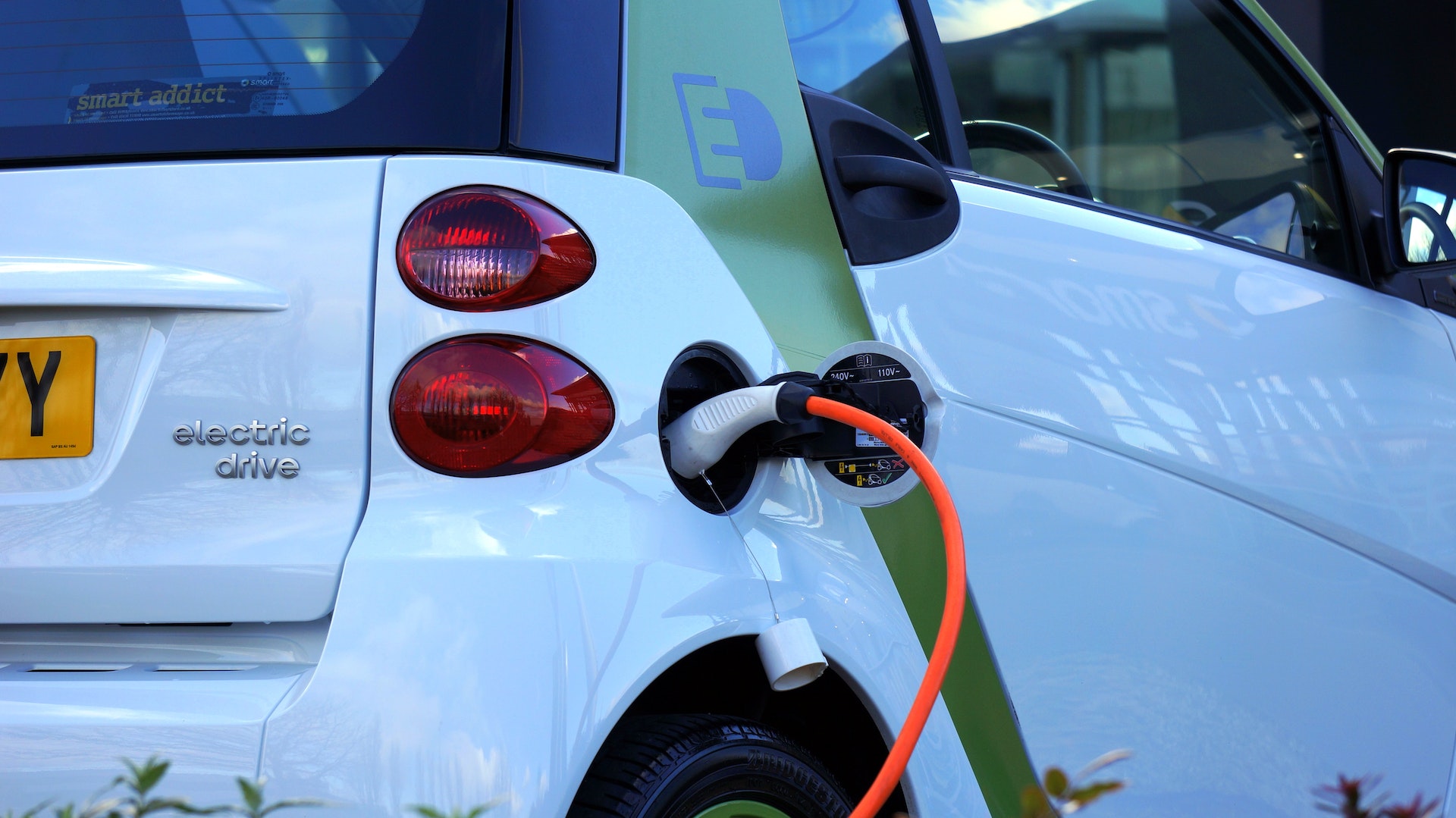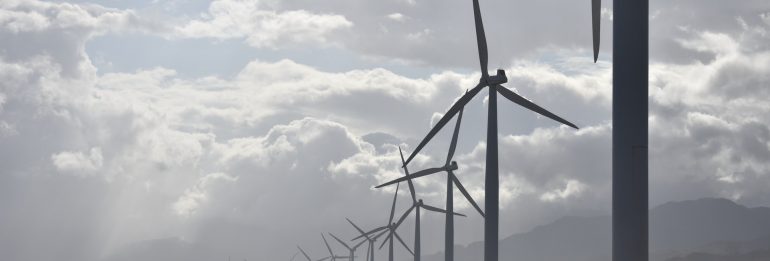TALLINN, Estonia – Estonia, a country known for its vast reserves of oil shale and intense carbon footprint, is experiencing a transformative green renaissance, making it Euronews Green's Country of the Month for September.
A Transition Carved Out of Necessity and Vision
Despite ranking third globally for cumulative emissions per capita, this Baltic gem has taken swift and significant strides towards a greener future, undeterred by its carbon-heavy legacy. The nation's accelerated transition is partly attributed to the geopolitical shifts following Russia's invasion of Ukraine, underscoring the importance of diversifying its energy sector.
Kristi Klaas, the deputy secretary general for Green Transition at Estonia’s Ministry of Climate, highlights, “We cannot have all our eggs in one basket in the energy sector.” Estonia's drive towards sustainable energy isn't merely reactionary; it's a visionary move initiated even before the recent geopolitical tensions.
Under the stewardship of Prime Minister Kaja Kallas, Estonia has set ambitious targets, pledging to abandon oil sand production by 2040 and striving for 100% renewable electricity by 2030. Such ambitions set Estonia apart from many Central and Eastern European nations.
Estonia's Climate Law: A Game Changer
The nation's climate trajectory took a definitive turn on 20 September, as it commenced the process of introducing a groundbreaking climate law, aiming to support the country's audacious green objectives. The law, scheduled to be implemented by 1 January 2025, will bolster decisions crucial to achieving Estonia’s targets, especially concerning the oil shale phase-out, housing, and transport investments.
Klaas celebrates the progress as a testimony to soaring political ambition. She also emphasizes the recent developments in governmental structures, with the establishment of the Ministry of Climate as a testament to Estonia’s heightened focus on environmental affairs.
Harnessing the Power of the Baltic Winds
While Estonia's history is steeped in oil shale extraction, its future is increasingly wind-powered. Klaas points out that electricity generated from oil shale isn't economically competitive, particularly given recent regional developments. However, renewables, particularly wind and solar, are emerging as reliable and sustainable alternatives.

The country's massive wind farm in Tootsi is expected to fulfill nearly 8% of Estonia’s annual electricity demand upon its completion next year. Collaborative efforts with Baltic neighbors, such as the EL-WIND project with Latvia, promise to further boost Estonia's renewable energy capacity.
Revamping Transport: From Rails to Electric Avenues
Transport is another area witnessing a green transformation. The Rail Baltica project, connecting Tallinn to various European capitals, exemplifies Estonia's dedication to sustainable transport, promising to reduce air travel and truck congestion. This monumental railway project is predicted to curtail GHG emissions, given the alarming statistic that transport, as of 2021, was powered by a mere 11% of renewables.

Electric transport is our future
Preserving Estonia's Biodiverse Legacy
Amidst the green transition, Estonia's rich biodiversity remains at the heart of its environmental priorities. The nation boasts an impressive array of wildlife, from bears and lynxes to wolves. Klaas passionately speaks of the country's commitment to protecting its natural habitats, with plans to conserve 30% of both its mainland and sea territories by 2030.
The Digital-Green Parallel
Reflecting on Estonia’s successful digital transition in the 1990s, which earned it the nickname "e-Estonia", Klaas sees parallels in the current green shift. She envisions Estonia becoming a green frontrunner, just as it did in the realm of digital innovations.
Conclusion
Estonia’s green journey is emblematic of the broader European transition towards a sustainable future. From its robust commitment to renewable energy to its dedication to preserving its natural wonders, Estonia is poised to redefine its legacy, transitioning from a carbon-intensive past to a green, sustainable future.
©GlobalCO2.uk





